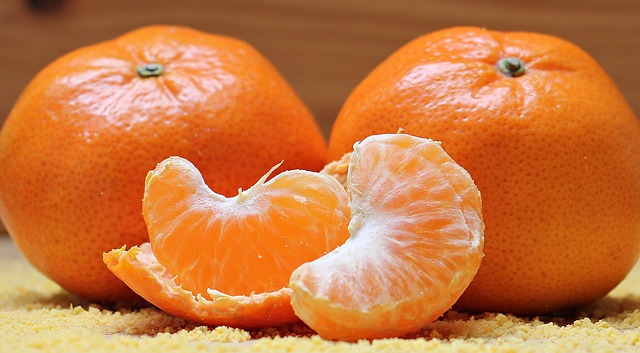Unlocking the Power of Probiotics: A 101 Guide for Optimal Gut Health
Probiotics are a hot topic in the health and wellness industry. These live microorganisms are often referred to as “good bacteria” and are known for their positive effects on gut health. In this article, we will delve into the world of probiotics, exploring their benefits, sources, and how they can contribute to optimal gut health.
What Are Probiotics?
Probiotics are live bacteria and yeasts found naturally in our bodies, as well as in certain foods and supplements. The word “probiotic” itself is derived from the Greek words “pro” and “biotic,” meaning “for life.” These microorganisms work to maintain the balance of the gut flora – the complex ecosystem of microorganisms residing in our intestines.
The Benefits of Probiotics
Probiotics offer a range of benefits for our overall health, with their primary function being the promotion of a healthy gut. Research has shown that probiotics can help restore the balance of gut flora disrupted by factors such as poor diet, stress, antibiotics, or disease.
Improved Digestion
One of the key benefits of probiotics is improved digestion. They help break down food and support the absorption of essential nutrients. Probiotics also play a role in stimulating the production of digestive enzymes, allowing for better nutrient utilization.
Boosted Immune System
Did you know that about 70% of our immune system is located in the gut? Probiotics contribute to a balanced gut flora, which in turn supports a healthy immune system. By strengthening the gut barrier, probiotics help prevent harmful bacteria from entering the bloodstream and triggering an immune response.
Enhanced Mood and Mental Health
It may seem surprising, but there is a strong connection between our gut and brain. This connection is known as the gut-brain axis. Probiotics play a role in this axis by producing neurotransmitters like serotonin, also known as the “feel-good” hormone. This can result in improved mood and mental health.
Sources of Probiotics
Probiotics can be obtained naturally through certain foods or taken as supplements. Here are some common sources of probiotics:
Yogurt
Yogurt is perhaps the most well-known food containing probiotics. Look for varieties that specifically mention “live and active cultures” on the label to ensure you’re getting the beneficial bacteria.
Kefir
Similar to yogurt, kefir is a fermented milk drink packed with probiotics. It is rich in various strains of bacteria and yeasts, making it a potent source of these beneficial microorganisms.
Sauerkraut
Sauerkraut, a traditional European dish made from fermented cabbage, is an excellent source of probiotics. Make sure to choose unpasteurized sauerkraut, as the pasteurization process can kill the beneficial bacteria.
Kombucha
Kombucha is a fizzy fermented tea that has gained popularity in recent years. It is made by fermenting tea using a SCOBY (symbiotic culture of bacteria and yeast), which contains probiotic cultures.
Integrating Probiotics into Your Diet
Adding probiotic-rich foods to your diet is a great way to support your gut health. Incorporate yogurts, kefir, sauerkraut, or kombucha into your meals or snacks. However, if these food sources are not readily available or suitable for your dietary needs, probiotic supplements can be an alternative option. Remember to consult with a healthcare professional before starting any new supplementation regimen.
Conclusion
Probiotics, these “good bacteria,” bring a multitude of benefits to our gut health and overall well-being. From improved digestion to boosted immunity and enhanced mood, they play a vital role in maintaining optimal gut health. By incorporating prob







